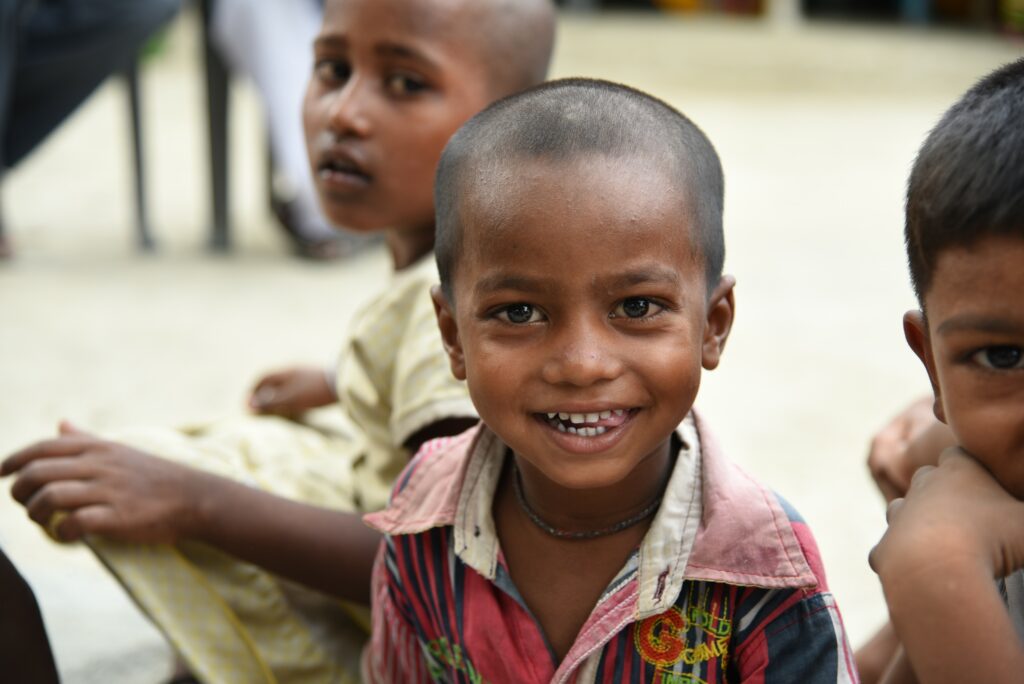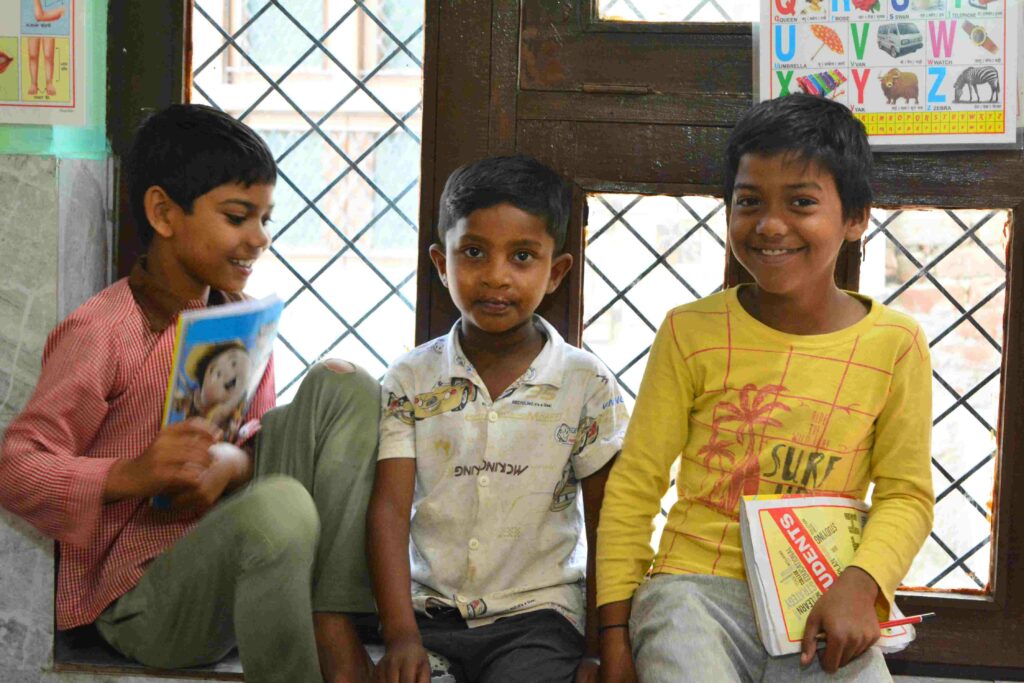
The Importance of Children’s Mental Health in Rural India
Summary/TL;DR on Mental Health in Rural IndiaMental health is crucial for children's overall well-being and development, especially regarding men....
Read More
Rashtriya Poshan Maah, or National Nutrition Month, is observed every September in India to raise awareness about the importance of nutrition and healthy eating. It forms a vital part of the larger Poshan Abhiyan, officially known as the Prime Minister’s Overarching Scheme for Holistic Nutrition. Launched in 2018, this initiative aims to eliminate malnutrition and ensure that every woman and child in India has access to nutritious food and the knowledge to make healthier choices.
During Poshan Maah, a series of community-driven activities are organised across India to raise awareness about healthy eating and improve access to proper nutrition, especially among underprivileged families. These activities focus on promoting traditional diets, encouraging local food practices, and empowering caregivers with the knowledge to make better nutrition choices for their children.
Impact of Poshan Maah Activities on Child Nutrition
Also Read: Inclusive Education
Community participation is at the heart of Poshan Maah. The success of the campaign depends on local ownership and active involvement from citizens, grassroots workers, and authorities.
Anganwadi workers play a crucial role in making Poshan Maah a success. They conduct home visits, organise awareness camps, and engage mothers in discussions about the importance of nutrition. Local authorities such as Panchayati Raj Institutions and municipal bodies coordinate activities, ensuring that outreach covers even the most remote communities. Together, they help transform nutrition awareness into tangible community action.
Education forms the backbone of the Poshan Abhiyan. Workshops, cooking demonstrations, and school-based awareness drives teach families about the benefits of balanced meals that include grains, pulses, vegetables, fruits, and dairy. These sessions also emphasise the importance of exclusive breastfeeding for infants and complementary feeding after six months. By learning simple and practical methods to prepare nutritious meals using local ingredients, families are empowered to take charge of their own health.
Poshan Maah combats child malnutrition through health camps, home visits, nutrition supplements, and awareness drives promoting proper diet, immunisation, and hygiene to prevent stunting, underweight, and wasting in children.
Poshan Maah addresses micronutrient deficiencies like anaemia and iodine deficiency by promoting nutrient-rich foods, distributing iron and folic acid tablets, providing fortified grains, and encouraging families to grow vegetables in nutri-gardens for regular fresh produce.
Also Read: Mid Day Meal Scheme
Proper nutrition during early childhood lays the foundation for lifelong health and development. Adequate intake of protein, vitamins, and minerals supports brain growth and enhances cognitive function. Children who receive nutritious diets are more attentive, have stronger immune systems, and perform better in school. Rashtriya Poshan Maah reinforces this message by linking nutrition to educational success and overall well-being.
Poshan Maah is not only about immediate improvements in nutrition but also about creating a culture of health that benefits future generations. Families who learn the value of balanced diets are more likely to maintain healthy lifestyles over time. This reduces the risk of chronic diseases and improves the overall quality of life. The long-term benefits extend beyond physical health, contributing to emotional stability and economic productivity.
Also Read: Malnutrition
The Government of India plays a central role in implementing Poshan Maah. It works in collaboration with the Integrated Child Development Services, the Mid-Day Meal Scheme, and the Swachh Bharat Mission to ensure a comprehensive approach to child health & nutrition. The Poshan Tracker app helps monitor service delivery in real time, ensuring transparency and accountability.
Each year, new themes and activities are introduced to keep the campaign dynamic and relevant. The government’s focus on convergence means that various ministries and departments work together to address the multiple causes of malnutrition, from poverty and food insecurity to lack of education and sanitation.
One of the most powerful aspects of Poshan Maah is its focus on empowering women and children. Women are at the centre of household nutrition decisions, and their knowledge and health directly affect their families. Through awareness programmes, women learn about the importance of prenatal nutrition, exclusive breastfeeding, and balanced diets for their children. These initiatives give them the confidence and knowledge to make informed choices, promoting healthier families and stronger communities.
Also Read: What is Anganwadi?
CRY India aligns closely with the goals of POSHAN Abhiyaan by working with communities to improve children’s nutritional status. Our efforts include:
These ongoing interventions help ensure that the message of Poshan Maah translates into sustained behaviour change and improved nutrition outcomes for children.
Through community-based programmes, CRY India helps establish nutri-gardens, supports Anganwadi centres, and conducts awareness drives about balanced diets and child development. Volunteers and donors can also contribute by participating in local activities during Rashtriya Poshan Maah, helping spread awareness and building healthier communities from the ground up.
Support our efforts to combat malnutrition and improve the health of children during Poshan Maah, your donation can help provide vital nutrition to those in need.
Poshan Maah is important because it raises awareness about nutrition and promotes healthy eating habits, especially among women and children in underprivileged areas.
It focuses on reducing malnutrition and anaemia by promoting local, nutritious foods, educating communities, and ensuring better access to health and nutrition services.
The campaign reaches vulnerable communities through awareness drives, health camps, and nutri-garden initiatives, making nutrition education practical and accessible.
Individuals can participate in awareness campaigns, support local Anganwadi programmes, volunteer with organisations like CRY India, or simply adopt healthier food habits at home.